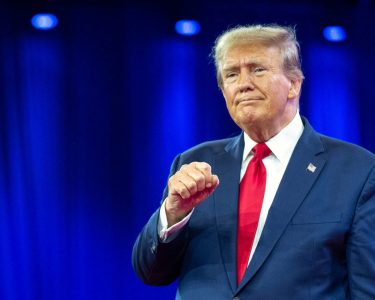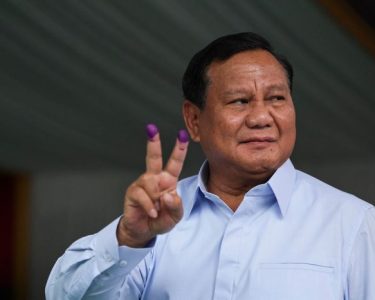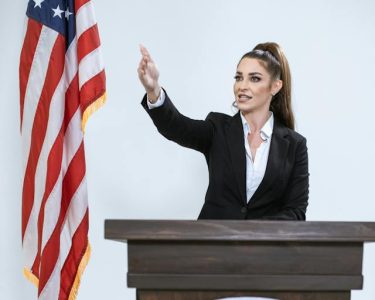In recent years, the concept of political correctness has become a hotly debated topic in American politics. Some argue that it is necessary to promote inclusivity and prevent harm, while others claim it stifles free speech and fosters a culture of censorship. But what exactly is political correctness, and what role does it play in American politics?
The term “political correctness” first emerged in the 1980s, and it refers to language, policies, and behavior that is intended to avoid offending or marginalizing certain groups of people. For example, using gender-neutral language or avoiding racially charged language. The aim of political correctness is to promote inclusivity and to create a more respectful and equitable society.
However, in recent years, political correctness has come under fire from some conservative groups who argue that it is a form of censorship that stifles free speech and prevents honest discourse. They argue that the politically correct left is trying to silence conservative voices and push their own agenda.
The debate over political correctness has become particularly heated in the context of American politics, with both sides claiming that their views are being censored or suppressed. For example, conservatives argue that they are being unfairly silenced on college campuses, where politically correct policies often dominate. Meanwhile, some liberals argue that conservative voices are given too much airtime in the media, allowing them to spread harmful and offensive ideas.
The role of political correctness in American politics is complicated, as it can be both a force for good and a tool of oppression. On the one hand, political correctness can promote inclusivity and respect for marginalized groups, which is essential for a healthy and just society. On the other hand, it can also be used to suppress dissenting voices and to stifle open and honest debate.
Critics of political correctness argue that it creates a culture of victimhood and encourages people to see themselves as victims of oppression. This, they claim, can lead to a sense of entitlement and a lack of personal responsibility. They also argue that it can foster a culture of fear, where people are afraid to speak their minds or express their opinions for fear of being labeled as politically incorrect.
Proponents of political correctness, however, argue that it is necessary to combat systemic oppression and to promote equality and justice. They argue that by using language that is inclusive and respectful, we can create a society that is more tolerant and accepting of diversity. They also argue that political correctness is essential for creating safe spaces for marginalized groups, where they can feel comfortable expressing themselves without fear of discrimination or harm.
In conclusion, the role of political correctness in American politics is complex and controversial. While it can be a force for good in promoting inclusivity and respect for marginalized groups, it can also be used to stifle free speech and honest debate. It is up to individuals to navigate this issue in a way that promotes open and honest discourse while also respecting the dignity and humanity of all people.




